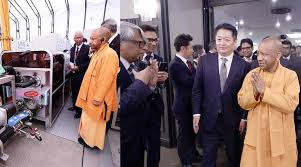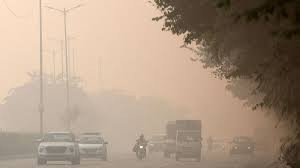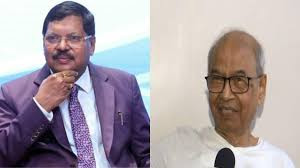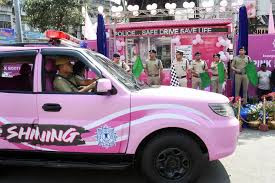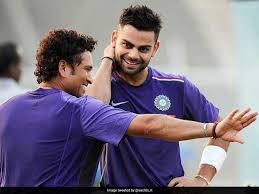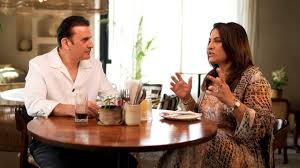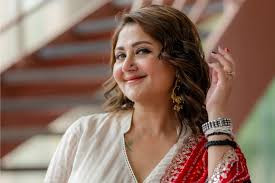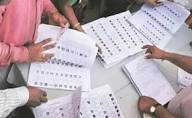‘Kam Kapde Wali’: BJP’s Kailash Vijayvargiya Stirs Row with Comments on Women’s Attire, Says He Avoids Taking Photos with ‘Scantily Clad’ Women
IIE DIGITAL DESK : Senior Bharatiya Janata Party (BJP) leader Kailash Vijayvargiya has found himself at the center of a major controversy following his recent remarks about women’s clothing. Speaking at a public event in Indore, Madhya Pradesh, Vijayvargiya commented that he refuses to take photos with women who wear "kam kapde" (revealing or scanty clothes), stating that such attire goes against his values and Indian culture.
“I hesitate to take photos with women who come wearing indecent clothes—kam kapde wali ladkiyon ke saath photo nahi khichwata,” the veteran politician said during the event. He further added, “I fold my hands and say, ‘Beti, aap jao.’ They may feel bad, but I stick to my principles. I don’t want such photos to appear in newspapers or on social media and send the wrong message.”
The remarks triggered immediate and widespread backlash on social media and among political and civil rights circles. Critics, including women’s rights groups and opposition leaders, condemned Vijayvargiya’s statement as patriarchal, sexist, and reflective of a regressive mindset that seeks to control women’s choices and autonomy under the guise of cultural values.
Congress spokesperson Supriya Shrinate responded sharply, stating, “Mr. Vijayvargiya needs to be reminded that culture is not dictated by a woman’s clothing, but by one’s thoughts. Women are not props in a morality display. This is pure moral policing, and it reeks of misogyny.”
Social media erupted with criticism and mockery, with hashtags like #KamKapdeWali, #MyDressMyChoice, and #MisogynyInPolitics trending across platforms like X (formerly Twitter) and Instagram. Many women posted photos of themselves in both traditional and modern attire, asserting their right to dress freely without judgment or political commentary.
Prominent activist Trupti Desai also slammed Vijayvargiya’s remarks, saying, “This is not the first time politicians have tried to define culture based on women’s bodies. We reject this narrow definition of decency. Such statements only embolden the culture of victim-blaming and moral surveillance.”
In his defense, Vijayvargiya later issued a clarification to the media, claiming that his comments were being misinterpreted. “I never intended to insult anyone. I only said that when people ask for photos, I prefer to maintain a level of decency. I am a public figure and I have a right to uphold my personal beliefs,” he said.
Despite his clarification, the remarks have reignited the long-running debate in India over moral policing, gender equality, and the persistent use of “Indian culture” as a tool to regulate women’s behavior and appearance. Feminist voices argued that Vijayvargiya’s comments are symptomatic of a deeper issue in Indian political and social discourse, where women are often judged, restricted, or blamed under traditionalist frameworks.
“Statements like these serve to intimidate and shame women for simply existing in public spaces in the way they choose,” said Dr. Sunita Rao, a gender studies professor at JNU. “It is about control—of women’s bodies, choices, and independence. And when it comes from senior leaders, it has far-reaching consequences.”
The controversy also raises questions about the responsibilities of public figures in a diverse, democratic society. While politicians are entitled to their personal views, critics argue that projecting such views from public platforms can reinforce damaging stereotypes and contribute to gender discrimination.
As voices continue to rise in protest, the incident has become another flashpoint in India’s evolving conversation on women’s rights, cultural identity, and the line between personal opinion and public accountability.
You might also like!






